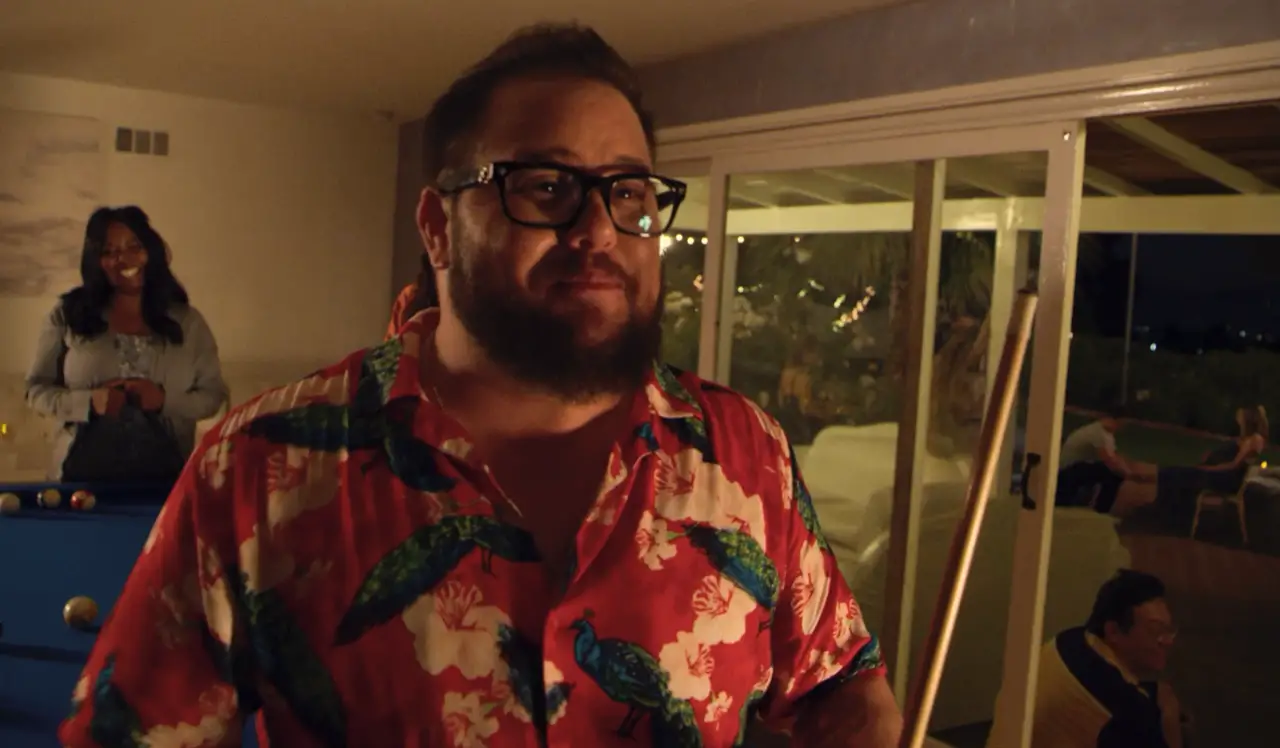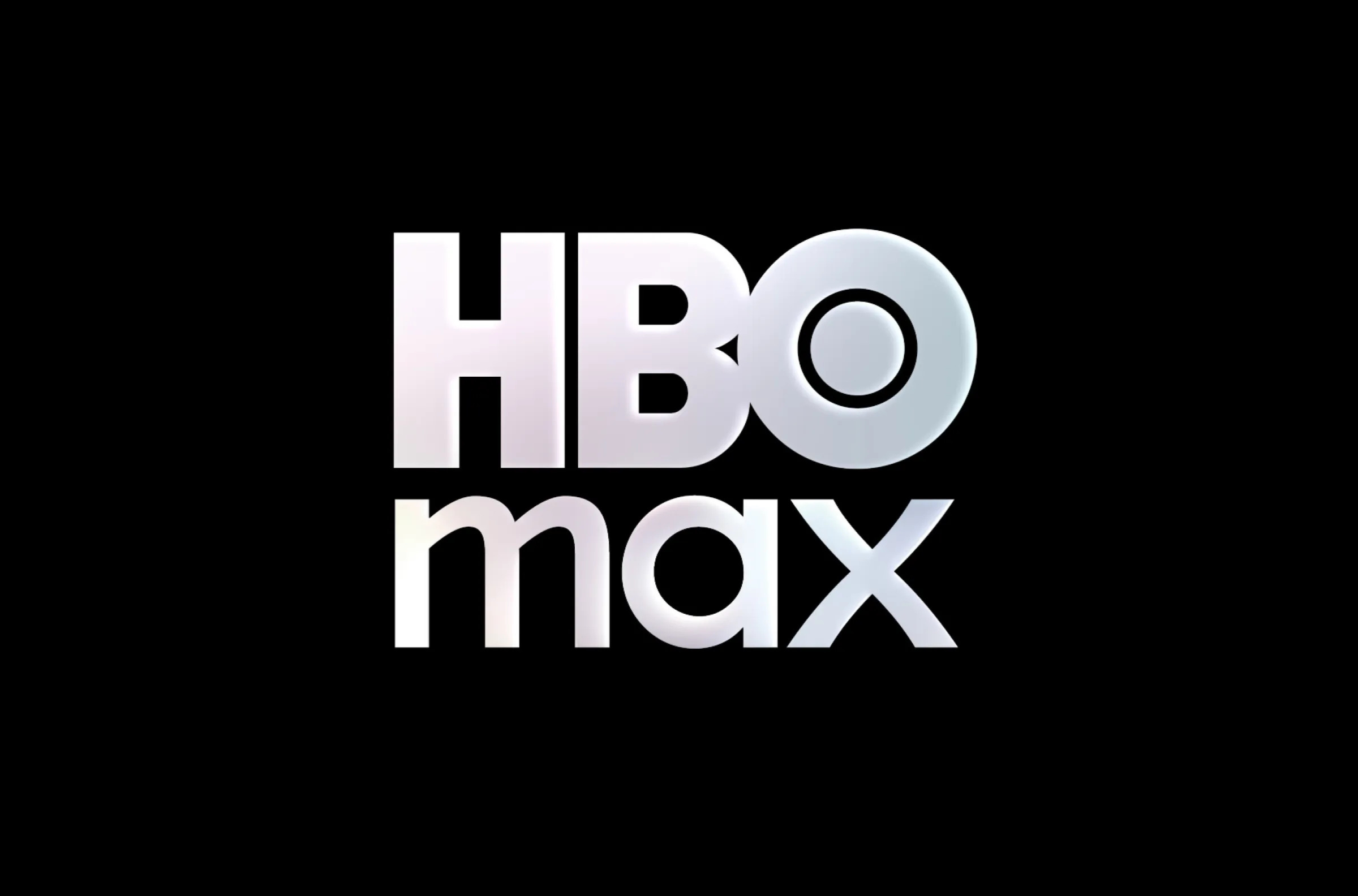
Chaz Bono spoke with Solzy at the Movies a few weeks ago to discuss Reboot Camp, a new comedy from writer-director Ivo Raza.
Reboot Camp stars David Lipper, Keli Price, Maya Stojan, Ed Begley Jr., Lindsey Shaw, Maxim Roy, Pierson Fodé, with Ja Rule, and David Koechner, and also Chaz Bono, Eric Roberts, Shar Jackson, and Eddie McClintock.
What was it about the script that attracted you to the film?
Chaz Bono: I just thought it was funny. I’ve always been fascinated with cults and I’ve always been really into mockumentaries. I think it was kind of a combination of those things. I had a meeting with David [Lipper] and Ivo [Raza] after I read the script. We talked about it and it sounded like it would be a lot of fun.
What kind of research did you do for the role?
Chaz Bono: I honestly didn’t need to do a lot of research. I had just played a vicious member of a cult in American Horror Story before that. And like I said, I’ve kind of been fascinated with cults my whole life. I’ve seen documentaries. I have my favorite cult movies from a million years ago. We all kind of talked about reference points and stuff like that and just kind of went for it.
Is there any particular cult that fascinates you the most?
Chaz Bono: Probably Scientology—I find very fascinating. I’ve watched a lot of stuff on that. I’ve read every book that’s come out recently. That’s a very interesting one.
How has the pandemic been for you as far as creativity goes?
Chaz Bono: Not great. It’s kind of shut down my industry for the most part so it’s been not great. I’ve done some creative things on my own. I taught myself how to build watches so that’s something that I picked up in the time off but I really haven’t worked very much. The couple things that I’ve signed on to do have gotten pushed and pushed and pushed and pushed. I miss acting a lot.
I know that feeling. I miss going to the movie theaters. Hopefully, the light is around the end of the tunnel.
Chaz Bono: I hope so.
What do you hope the impact from Disclosure is going to be after the Sundance premiere last year and the eventual Netflix release last summer?
Chaz Bono: I hope that it helps to educate people. I found it educational and I know a lot of that stuff. It put things into a light that, at least for me, opened my eyes to things that I hadn’t thought about. I certainly didn’t know all of the history. I think the reaction that I’ve heard from people who are not trans, have no skin in the game, and watched it was a just kind of “Wow.” They’ve never thought about these portrayals before, how far they went back, and how they affected each other. I think it’s a really amazing film that he created—just phenomenal.
I was at the world premiere and I think that’s probably the most trans people I’ve seen in the same room.
Chaz Bono: Yeah, yeah. I’m glad that I was part of it and so many of the people that I know and friends and are involved in it. It’s a really powerful film. It turned out to be a really, really powerful film. I hope it’s something that I always recommend to people—just check this out. I don’t know what you think it’s gonna be. I don’t know what I thought it was going to be but it’s very moving and it really has that effect on people.
Five years ago today (the interview took place on April 15), I had reached that point where it was transition or die.
Chaz Bono: Yeah, I understand for sure.
The worst part was because of Spiro and the effects of that and Passover was coming up right after. I had to force myself to get through the holiday because I knew that spiro combined with the Passover diet would not be a good combo. I can laugh about it now but it was such a dark time.
Chaz Bono: Yeah, no, it is. The years prior to transition were dark for me, knowing that this is what I needed to do but not having the courage yet to do it. It was a difficult time for me so I totally get it.
Do you find that the education and awareness is much better now compared to back then?
Chaz Bono: I think so. I think that there’s a lot more visible trans people out there now. There’s a lot more stories for people to see. There’s a lot of information just of people sharing their transitions on YouTube and different things so yeah, for sure. I mean, we’re certainly not there. It’s not perfect by any stretch but I think there’s enough out. People are starting to realize they’re trans younger and younger. To me, that’s a crucial and important thing I want. I want as many people as possible not to have to wait as long as I did for their lives to begin.
I knew something was off in the 90s but we just didn’t have that education and awareness.
Chaz Bono: Yeah, for sure, absolutely. For the past 12 years, I’ve worked with an organization that deals with families of trans kids and youth. I’ve seen a lot of young people come through and transition and it heartens me. If I had known the word, I would have known that I was trans at six or seven years old but I didn’t have the word for it. And now, to see kids and teens coming in and not having to go through trying to figure out what’s going on with me is great.
What would you tell someone who’s struggling with their identity and also living in one of these states like Texas and Arkansas and wherever where trans rights are under attack in every which direction?
Chaz Bono: I don’t feel comfortable giving blanket advice to people, I don’t know what an individual’s situation is so it’s something I’ve never done. I haven’t done it from the time that I started doing activism in the 90s for gay and lesbian people. I still don’t.
I understand. Going back to the movie, what do you want people to take away from watching the film?
Chaz Bono: I want people to just have a good time. I think it’s a fun film. There is, I guess, a little message in there. But mostly, I think it’s just funny. It’s a fun ride. I hope people just enjoy it. It seems that way. We’ve done really great in film festivals and people seem to just really like this film. That’s cool. We had a good time making it and I hope people enjoy watching it.
Have you been able to watch it with an audience?
Chaz Bono: No. One it started going to festivals, all of the festivals have been digital and through Zoom so that’s the only way that I’ve gotten to see it. I went and saw a rough cut at David’s house. And then because we had to do a panel for one of them, I saw it through the Austin Film Festival. That’s the last time I saw the finished product. I doubt that I’ll get to see it with an audience these days. It doesn’t seem that much in the cards.



